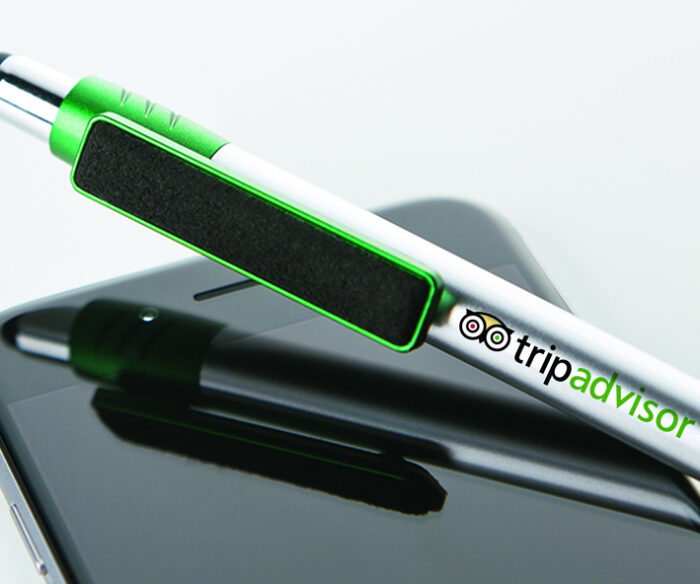
Have Questions? We Can Help.
Please fill out the form below and we will be in touch. We want you to be memorable. Products that impress. brands that get noticed. Companies you remember.

Get Your FREE Custom Swag!
Please fill out the form below and we will be in touch
so you can try us out with FREE Custom Swag. We want
you to be memorable. Products that impress. brands
that get noticed. Companies you remember.

Get Your FREE Sample Pack!
Please fill out the form below and we will be in touch
so you can try us out with a FREE Sample Pack. We want
you to be memorable. Products that impress. brands
that get noticed. Companies you remember.
FAQ
All the Answers to the Most Frequently Asked Questions
Frequently Asked Questions (FAQs)
Do People Like Receiving Promotional Products?
People don’t just like receiving promotional products, they love them. Studies show that over 80% people would like to continue receiving promotional products. According to a survey conducted by ppai.org, 83% of the respondents said they liked receiving corporate giveaways with advertising messages. This is great for companies, considering most people tend to avoid ads on TV/radio and quickly skip ads when viewing something online. The respondents also indicated they prefer high quality promotional products that are useful. In fact, poor quality giveaways tend to have a poor effect on brand perception.
How to Choose Promotional Products for My Company?
Choosing the promotional products for your company can be a tough decision to make. Here are a few factors to consider:
- Target audience – The promotional product you select must resonate with the people you’re handing them out to.
- Budget – This will help narrow down the choices. It’s best to select a smaller item of good quality, rather than a bigger, but substandard item. You could also lower the volume to increase your per-item budget.
- Messaging – Different promotional products can convey different messages. So, consider what you wish to convey. For instance, innovative or stability, creative or efficient, young at heart or professional.
- Supplier – This is among the most important factors to consider. Choose a provider that can help you make a statement that sticks with your target audience.
What is Brand Merchandise?
Brand merchandise is an advertising medium that prominently displays your company logo/ message on a wide variety of products. Some products commonly used are corporate apparel/uniforms, hoodies, tee shirts and caps. Others include a wide variety of “promotional products” such as writing instruments, drinkware, household items and trade show giveaways and stationery. Brand merchandise has evolved into a vital part of a strong marketing strategy. It helps expand brand awareness and improve brand perception. It has been used effectively to increase customer loyalty and promote sales. In fact, more than 60% of respondents in a study stated that they’ve done business with the advertiser after receiving a promotional product. Brand merchandise has also proved effective in increasing employee retention.
Should Companies Have a Dress Code?
A dress code is set of standards that most companies create to assist their employees and guide them about what is appropriate to wear to work. This can range from formal to business casual and depends on the requirements of the specific workplace and the clients it caters to.
The type and amount of interactions between the employees and their clients are important factors in determining the dress code. Most companies want to showcase their professionalism and work ethic for clients who pay them frequent visits and this is best done through formal attire. Organizations that prefer a formal dress code include banks, financial consulting firms, large businesses and law offices.
What are the Benefits of Corporate Uniforms?
Corporate uniforms give employees a sense of belonging within the company and assists with bridging the divide created by hierarchy. Some of the key benefits of corporate uniforms are:
- Preventing employees from wearing inappropriate clothes to work and avoiding other types of clothing mishaps that could affect your brand identity.
- Increase the loyalty of employees through the development of feelings of belongingness to something bigger than themselves. This, in turn, instills pride and improves employees’ commitment to the company.
- A professionally dressed workforce portrays a strong corporate identity to clients and employees alike.
How to Design Work Uniforms?
Designing work uniforms should be done by keeping in mind two important factors:
1. Brand Color Scheme
Choose the colors that you use for your logo, brand name and other communications. People will identify this color scheme with your brand and the customized uniforms will further this brand identity. It is a good way to make your employees look like an integral part of your business.
2. Conditions at the Workplace
The type of industry that your company is associated with will determine the design of the uniform. If your employees are engaged in field work, then durable and weather resistant material is the way to go. For an office-based environment, comfort and style should be given special attention. On the other hand, for manufacturing setups, safety needs to be given first priority.
Why is Workplace Branding Important?
Employees spend more time in office than anywhere else during the day. So, a good approach is to develop a sense of pride and ownership for things they are spending large amounts of time daily on. A brand that can be easily seen and understood by workers develops a sense of belongingness.
A well branded workplace serves as a reminder to every employee that they are working to attain a common goal and makes for a more cohesive and cooperative environment. If workplace branding is done properly, it can also improve the culture of the company and motivate people to achieve more each day.

